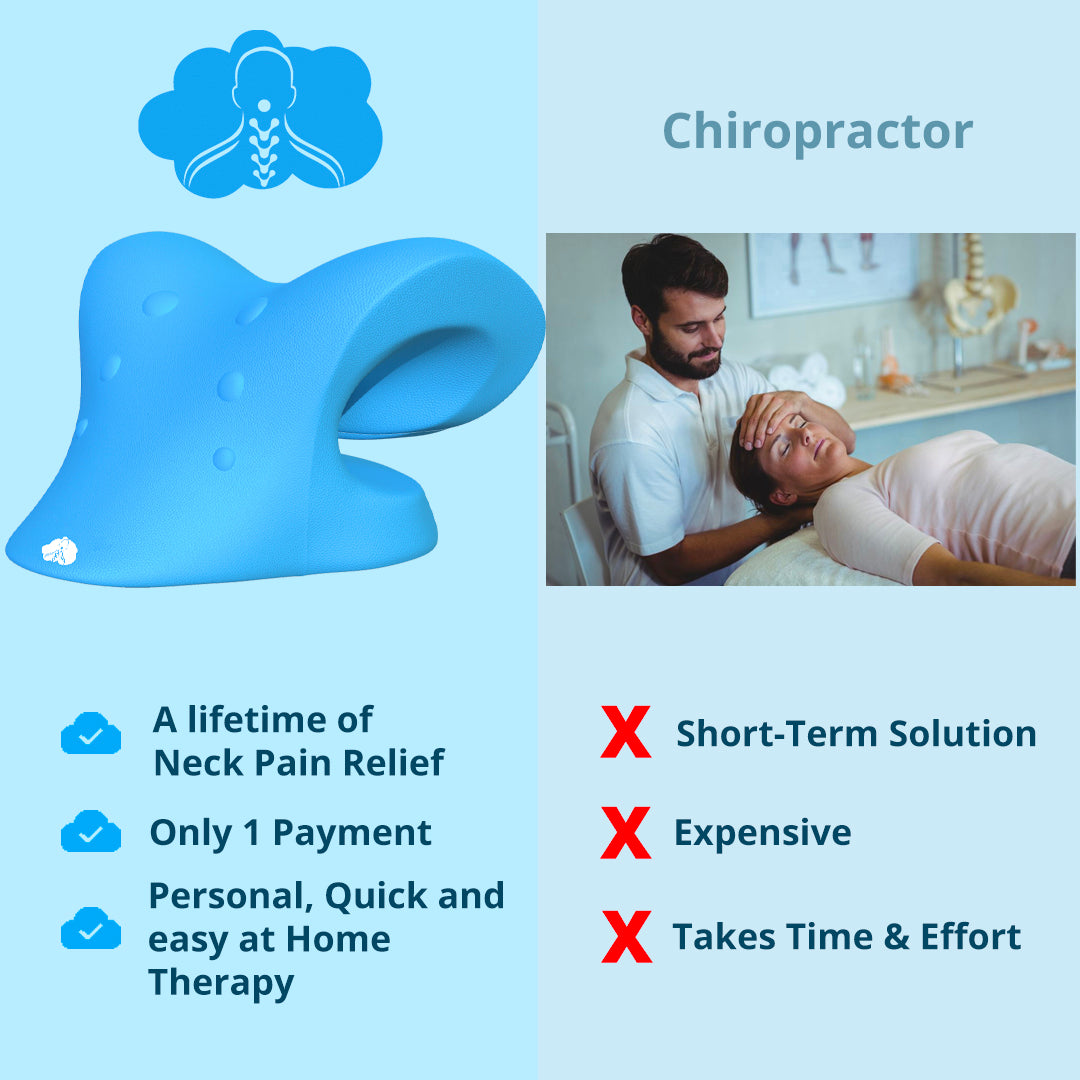The Effect of Stress on Neck Discomfort: Methods for Minimizing Stress and Pain
In today's fast-paced world, it's no secret that anxiety has actually become a widespread factor in the beginning and exacerbation of neck pain. Join us on a trip to unwind the effect of tension on neck pain and discover effective means to ease discomfort and enhance overall quality of life.
Comprehending Stress-Related Neck Discomfort
Stress-related neck pain can materialize as stress, tightness, or discomfort in the neck and shoulder location. The connection between anxiety and neck pain exists in the body's physical feedback to stress and anxiety, which can result in muscular tissue tension and rigidity in the neck muscular tissues.

Identifying Common Tension Locations
Regularly experienced by individuals under tension, stress areas in the body can provide useful understandings into the physical indications of emotional stress. One usual tension area is the neck, where stress typically manifests literally. Stress headaches, tight neck muscles, and restricted range of movement prevail signs of stress-related neck stress. The shoulders are an additional usual location where tension collects. Stress can trigger the muscles in the shoulders to tighten, causing discomfort and pain. In addition, the upper back is prone to tension build-up, especially in people that experience chronic stress and anxiety. Poor position and long term sitting can intensify stress in this field. The jaw is likewise a common place for stress-related tension, as many individuals clench their jaw or grind their teeth when worried. Knowing these usual stress areas can aid people acknowledge the physical indicators of stress and anxiety and take steps to address them prior to they intensify right into persistent pain or discomfort.
Carrying Out Relaxation Methods
To successfully take care of stress-related stress in the body, carrying out relaxation techniques is important. Relaxation techniques are useful tools for minimizing neck discomfort brought on by stress and anxiety. Deep breathing exercises can help calm the mind and kick back tense muscular tissues in the neck and shoulders (neck cloud). Practicing mindfulness reflection can likewise be valuable in minimizing tension and promoting leisure. Dynamic muscular tissue relaxation, where you methodically tense and after that relax different muscle groups, can release built-up tension in the neck area. Furthermore, tasks like yoga and tai chi integrate both physical motion and relaxation, making them reliable practices for lowering tension and neck pain. Taking routine breaks throughout the day to stretch and unwind can stop muscle mass rigidity and stress from accumulating. By integrating these leisure techniques right into your everyday routine, you can assist take care of anxiety levels, lower tension in the neck, and ease discomfort connected with stress-induced neck pain.
Incorporating Self-Care Practices
Including self-care techniques is crucial for keeping general well-being and handling stress-related neck pain successfully. Participating in normal physical activity, such as mild stretching exercises or yoga exercise, can aid relieve tension in the neck and shoulders. Practicing good position throughout the day and taking constant try this site breaks from extended sitting or display time can additionally prevent strain on the neck muscle mass.
Moreover, focusing on adequate rest and developing a constant rest routine can contribute substantially to reducing tension degrees and promoting relaxation. Developing a relaxing bedtime regimen, such as checking out a book or taking a cozy bath, can aid prepare the body and mind for relaxed sleep. Furthermore, keeping a balanced diet regimen rich in nutrients and remaining hydrated can support overall health and wellness and minimize swelling that might worsen neck discomfort.
Incorporating mindfulness methods, such as deep breathing workouts or meditation, can aid take care of tension and advertise relaxation. Taking some time for oneself, taking part in leisure activities, and setting boundaries to protect individual time are likewise vital facets of self-care that can add to lowering anxiety and reducing neck discomfort.
Looking For Professional Aid
Exactly how can people properly deal with consistent neck pain that is influencing their life and health? Looking for expert assistance can be a crucial step in managing and reducing neck discomfort. Consulting with medical care specialists such as chiropractic practitioners, physical specialists, or orthopedic experts can provide valuable insights and customized therapy strategies. These professionals can conduct complete analyses to identify the underlying reasons for learn the facts here now neck pain and advise suitable treatments.
Chiropractics physician concentrate on spinal adjustment strategies to boost placement and minimize tension in the neck area. Physical specialists provide targeted stretches and exercises to enhance muscles, enhance adaptability, and improve total neck feature. Orthopedic professionals can provide advanced clinical treatments such as shots or surgical alternatives for severe instances of neck pain.
Conclusion

Stress-related neck discomfort can materialize as tension, tightness, or pain in the neck and shoulder area. The link in between anxiety and neck discomfort lies in the body's physical feedback to stress, which can result in muscular tissue stress and tightness in the neck muscular tissues. Tension migraines, tight neck muscular tissues, and limited variety of motion are usual signs and symptoms of stress-related neck tension. By integrating these leisure strategies right into your day-to-day regimen, you can help handle anxiety degrees, decrease tension in the neck, and relieve discomfort connected with stress-induced neck pain.
